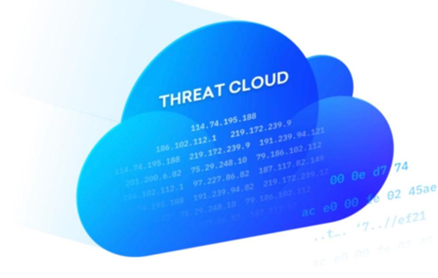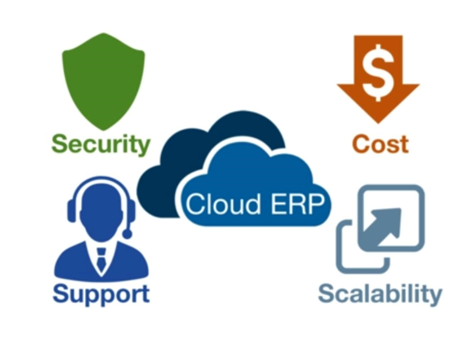Cloud databases are a service model where databases are deployed in a cloud computing environment. Traditionally, databases are usually deployed in local servers or data centers, requiring businesses to purchase, configure and maintain their own hardware and software. Cloud databases, on the other hand, offer a more flexible, scalable and convenient solution. Cloud databases leave the management and maintenance of databases to cloud service providers by providing database services on a cloud platform. Users can access the cloud database through the network and use the functions it provides to perform operations such as data storage, query, update and management. This article will explain to you in detail what are the benefits of database in the cloud?
Benefits Of Cloud Database
Flexibility And Scalability
Cloud databases can be elastically scaled according to user needs, adjusting storage capacity and computing resources according to actual needs. This flexibility and scalability allow organizations to quickly adapt to changing business needs. Whether it's dealing with a sudden surge in traffic or expanding the scale of a business, cloud databases can provide highly scalable solutions.

Let's say an e-commerce business is faced with a high demand for user access and order processing during the shopping season. Traditionally, they may need to invest in additional hardware equipment to cope with the peak load, and then these resources go unused after the shopping season is over. However, when they adopt a cloud database, they can quickly scale their database capacity and compute resources as needed to meet peak demand. After the shopping season, they can scale down the database as appropriate and pay only for the resources they use, avoiding long-term investment and wasted resources.
High Availability And Fault Tolerance
Cloud databases usually operate in a distributed cloud computing environment, and cloud service providers adopt redundant backup and fault tolerance mechanisms to ensure the continuous availability of the database. Cloud databases maintain data reliability and continuity even in the event of hardware failures, network outages, or other issues. This is especially important for business-critical and application-critical applications to avoid the risk of data loss and service interruption.

Data Security
Cloud database providers typically adopt stringent security measures to protect the confidentiality, integrity and availability of data. This includes data encryption, authentication, access control and network security. Cloud service providers also perform regular data backups and disaster recovery to prevent data loss. By leveraging cloud databases, businesses can get a higher level of data security protection from risks such as information leakage and unauthorized access.

As an example, one needs to consider a healthcare organization that needs to store and manage large amounts of sensitive patient health data. Protecting patient privacy and data security is very important. If they use cloud databases, cloud service providers usually provide strong data encryption and access control features to ensure data security during transmission and storage. In addition, cloud service providers implement regular data backup and disaster recovery strategies to prevent data loss. By using cloud databases, healthcare organizations can better ensure the confidentiality and integrity of patient data while complying with relevant data protection regulations.
Summary
These examples highlight the role of cloud databases in terms of flexibility, scalability and data security. By leveraging cloud databases, organizations can quickly adjust resources according to actual demand and improve business elasticity; at the same time, they can rely on cloud service providers' security measures to protect sensitive data and reduce the risk of data leakage and security threats. These advantages provide enterprises with greater efficiency, better resource management and more reliable data security.
